Parag Fragrances Habibi Bakhoor 70 Gram / Extra Premium Quality Arabic Bakhoor / Muattar / Mabsoos Made From Natural Oud Chips, Ambers, Oud Oils & Sandalwood Oils
Parag Fragrances Habibi Bakhoor 70 Gram / Extra Premium Quality Arabic Bakhoor / Muattar / Mabsoos Made From Natural Oud Chips, Ambers, Oud Oils & Sandalwood Oils
20.00$
-
– Parag Fragrances Habibi Bakhoor 70 Gram / Extra Premium Quality Arabic Bakhoor / Muattar / Mabsoos Made From Natural Oud Chips, Ambers, Oud Oils & Sandalwood Oils
-
– 70 Gram Beautiful Glass Jar Packing
-
– Also Available in Bulk Packing Such as 500gm, 1kg
-
– Used for : Room freshener | Removing Hotel smoking room odour | Ramzan, Eid, Diwali & House warming ceremony gift | Fragrancing clothes | Performing Pooja or Wedding ceremony rituals | Meditation | Yoga | Relaxation
-
– Special features : Ash Free | Low Smoke | Non Toxic | Naturally Formulated | Great aroma | Long lasting | Easy to use | Complete gift set.
Bakhoor are wood chips that have been soaked in perfume oil and are mixed with other (natural) ingredients, such as natural resin, sandlewood and essentials oils. It comes in many different varieties, which means there’s a type of bakhoor for everyone. Bakhoor is especially popular in the Middle East.
You burn bakhoor the same way you burn natual resin incense. A quick-light charcoal tab in a mabkhara – a traditional bakhoor burner – is the best way to burn bakhoor. First, you light the charcoal tab with a lighter or match (make sure to do so on a fire-proof surface). Once the charcoal is fully lit, it will glow red and it will be covered in a greyish soot. Use a pair of tongs to place the tab in the mabkhara and carefully sprinkle some bakhoor on top of the tab. The bakhoor’s oils will evaporate thanks to the heat of the charcoal tab, releasing exotic, aromatic and rich fragrances.
In most cases, bakhoor is used during special occasions such as weddings, or simply for relaxing purposes. In Arabian culture, it’s a traditional gesture to pass bakhoor among guests, so they can scent their hair, clothing and hands. This is believed to be a as integral to hospitality as serving coffee and dates.
Related Products
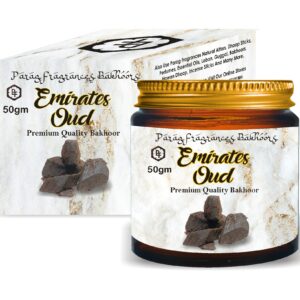
Parag Fragrances Emirates Oud Bakhoor 50 Gram / Extra Premium Quality Arabic Bakhoor / Muattar / Mabsoos Made From Natural Oud Chips, Ambers, Oud Oils & Sandalwood Oils
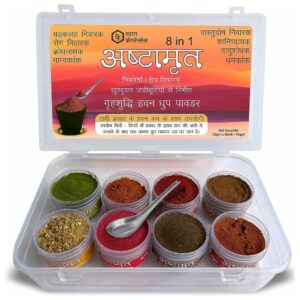
Parag Fragrances 8 in 1 Ashtamrut Hawan Dhoop Powder (for All Types of Hawan Sambrani Cup) Natural Aromatic Herbs Powder for Hawan at Home/Natural Dhoop 4X Powerful Than Dhoop Sticks or Incense Sticks
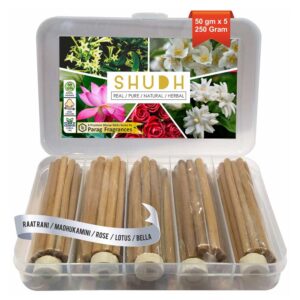
Parag Fragrances Shudh 5 in 1 Dhoop Sticks (Indian Flowers Collection) 5 Pack x 50 Gram / 250 Gram
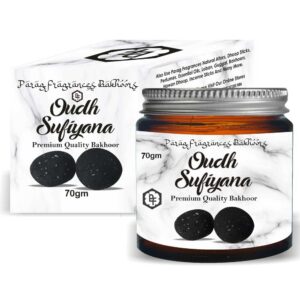
Parag Fragrances Oudh Sufiyana Bakhoor 70 Gram / Extra Premium Quality Arabic Bakhoor / Muattar / Mabsoos Made From Natural Oud Chips, Ambers, Oud Oils & Sandalwood Oils
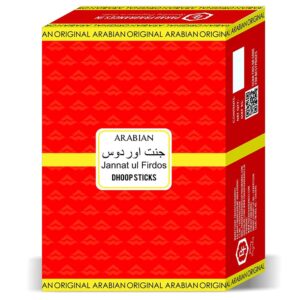
Parag Fragrances Jannat Al Firdaus Dhoop Sticks 250Gm Dhoop Sticks for Pooja (Fragrance of Magical Jannat Al Firdaus Attar)

Real Dhoop Sticks

Parag Fragrances Rose Mukhallat Bakhoor 70 Gram / Extra Premium Quality Arabic Bakhoor / Muattar / Mabsoos Made From Natural Oud Chips, Ambers, Oud Oils & Sandalwood Oils

Real Dhoop Sticks

Parag Fragrances Oudh Turkish Bakhoor 70 Gram / Extra Premium Quality Arabic Bakhoor / Muattar / Mabsoos Made From Natural Oud Chips, Ambers, Oud Oils & Sandalwood Oils
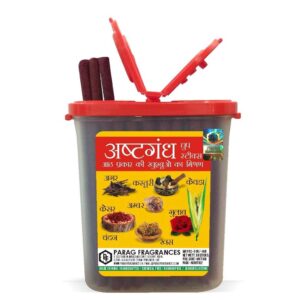
Parag Fragrances Astgandha Dhoop Sticks 50 Sticks Pack (Extra Dhoop Sticks with Combination of 8 Natural Fragrances – Sandalwood, Rose, Khus, Amber, Kesar, Kewda, Kasturi & Oudh )
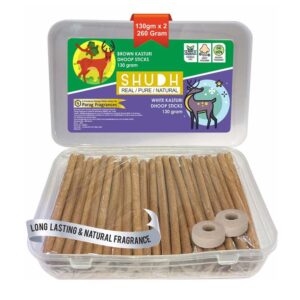
Parag Fragrances Shudh Brown Kasturi & White Kasturi Dhoop Sticks Combo/Natural Dhoop Incense Sticks 130 gm + 130 gm = 260 gm

Parag Fragrances Oud Mubakhar Bakhoor 50 Gram / Extra Premium Quality Arabic Bakhoor / Muattar / Mabsoos Made From Natural Oud Chips, Ambers, Oud Oils & Sandalwood Oils
Related Products
Coffee Premium Dhoop Sticks 100GM
Coffee Premium Dhoop Sticks 100GM11.50$Add to basket
Coffee Premium Dhoop Sticks 100GM
Coffee Premium Dhoop Sticks 100GMParag Fragrances Coffee Premium Dhoop Sticks 100GM
Made in India, Chemical Free & Bamboo Free Sticks
100 Gram Packs Available
Parag Fragrances Dhoop Sticks
Real and Natural Fragrances Sticks
Genuine Product of Parag Fragrances
Lotus Premium Dhoop Sticks 100GM
Lotus Premium Dhoop Sticks 100GM11.50$Add to basket
Lotus Premium Dhoop Sticks 100GM
Lotus Premium Dhoop Sticks 100GMParag Fragrances Lotus Premium Dhoop Sticks 100GM
Made in India, Chemical Free & Bamboo Free Sticks
100 Gram Packs Available
Parag Fragrances Dhoop Sticks
Real and Natural Fragrances Sticks
Genuine Product of Parag Fragrances
Parag Fragrances 5 IN 1 Dhoop Sticks
Parag Fragrances 5 IN 1 Dhoop Sticks19.64$Add to basket
Parag Fragrances 5 IN 1 Dhoop Sticks
Parag Fragrances 5 IN 1 Dhoop SticksPremium Dhoop Sticks
24 Hours Fragrances
250 Gram Packs Available(5 X 50 Gram Each)
Parag Fragrances Dhoop Sticks
Real and Natural Fragrances
Genuine Product of Parag Fragrances
Parag Fragrances 5 IN 1 Dhoop Sticks
Parag Fragrances 5 IN 1 Dhoop Sticks15.50$Add to basket
Parag Fragrances 5 IN 1 Dhoop Sticks
Parag Fragrances 5 IN 1 Dhoop SticksPremium Dhoop Sticks
24 Hours Fragrances
250 Gram Packs Available(5 X 50 Gram Each)
Parag Fragrances Dhoop Sticks
Real and Natural Fragrances
Genuine Product of Parag Fragrances
Velvet Rose 200GM Dhoop Sticks
Velvet Rose 200GM Dhoop SticksParag Fragrances Velvet Rose 200GM Dhoop Sticks
Economic Dhoop Sticks
Famous Fragrance of South India
Real Fragrance of Sandalwood
200 Gram Packs Available
Parag Fragrances Dhoop Sticks
Real and Natural Fragrances
Genuine Product of Parag Fragrances
Real Dhoop Sticks
Real Dhoop SticksParag Fragrances Real Dhoop Sticks
Premium Dhoop Sticks
24 Hours Fragrances
250 Gram Packs Available(5 X 50 Gram Each)
Parag Fragrances Dhoop Sticks
Real and Natural Fragrances
Genuine Product of Parag Fragrances





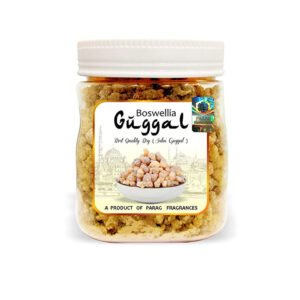
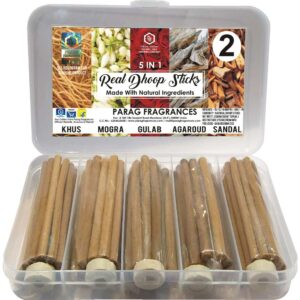

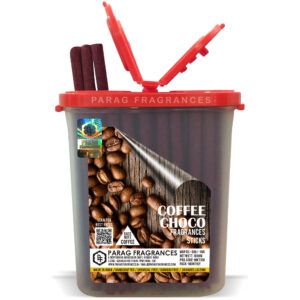
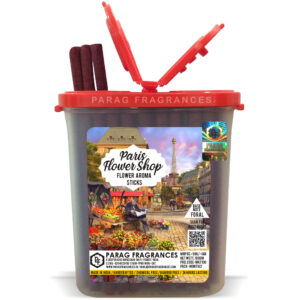
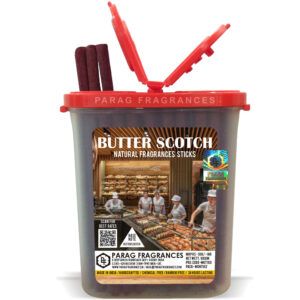
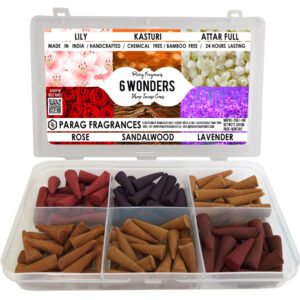

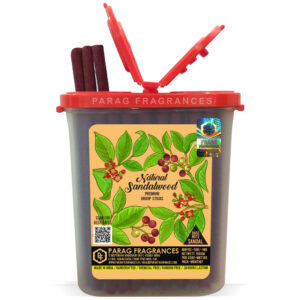


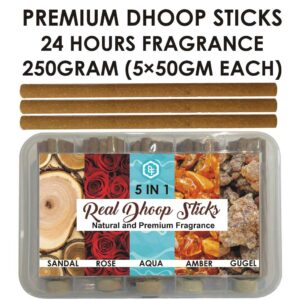

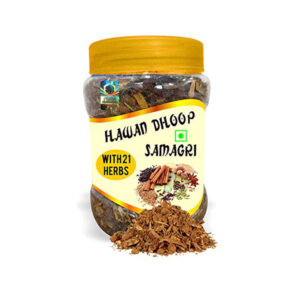
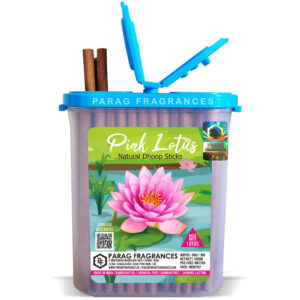
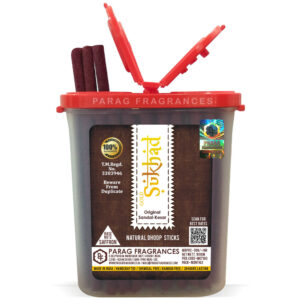
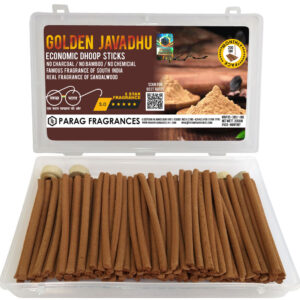
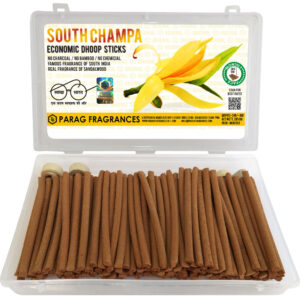

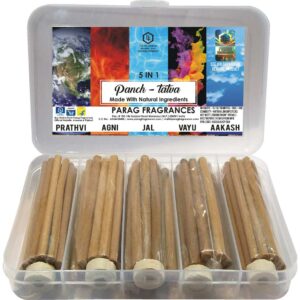
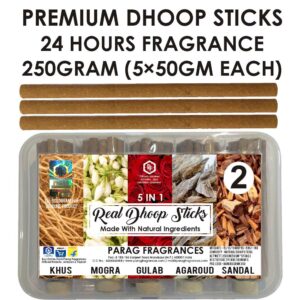
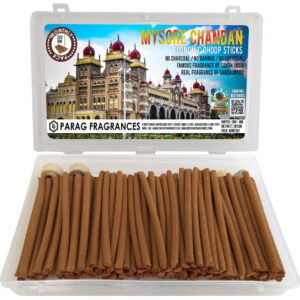
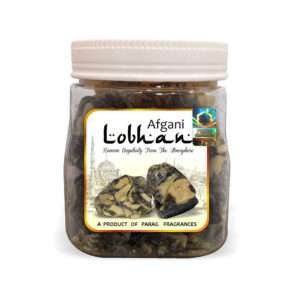
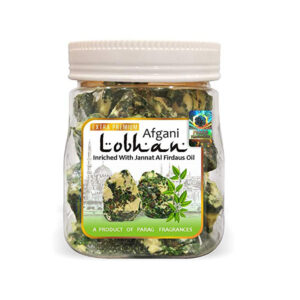



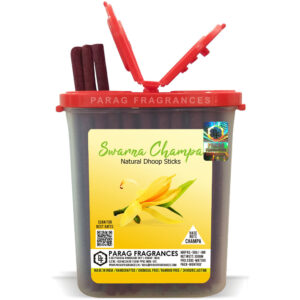

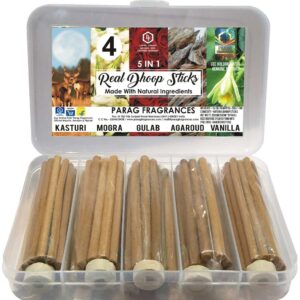
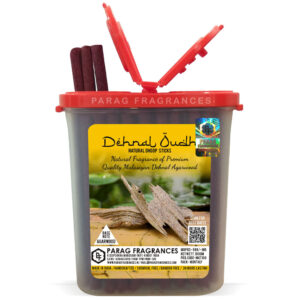

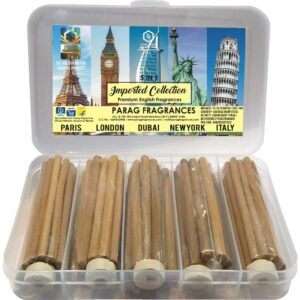
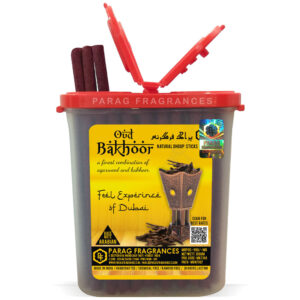
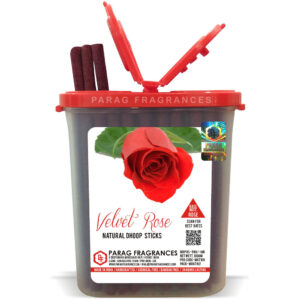



 Fastest Shipping
Fastest Shipping Customer Support
Customer Support Secure Payment
Secure Payment 30 Days Return
30 Days Return










